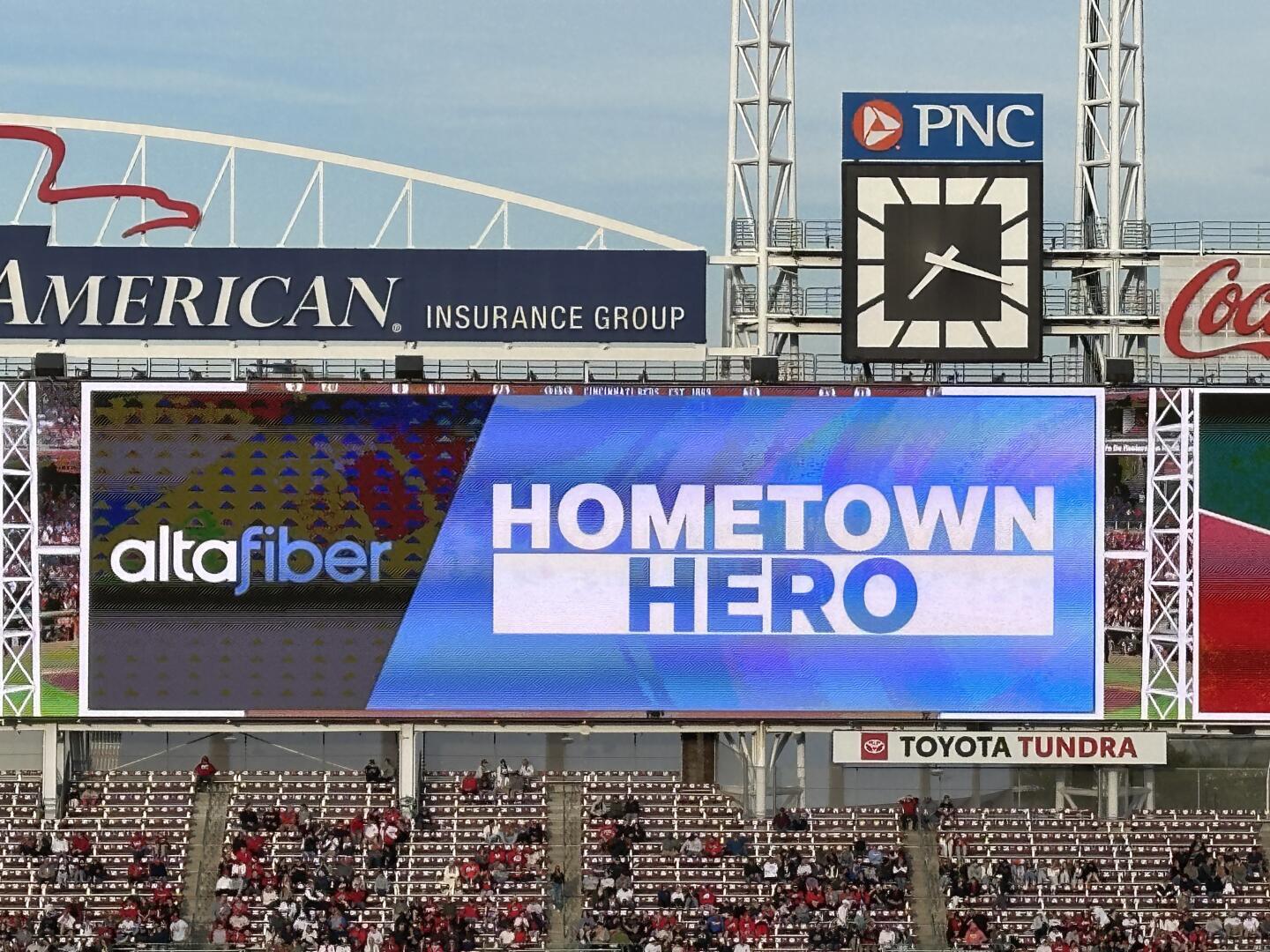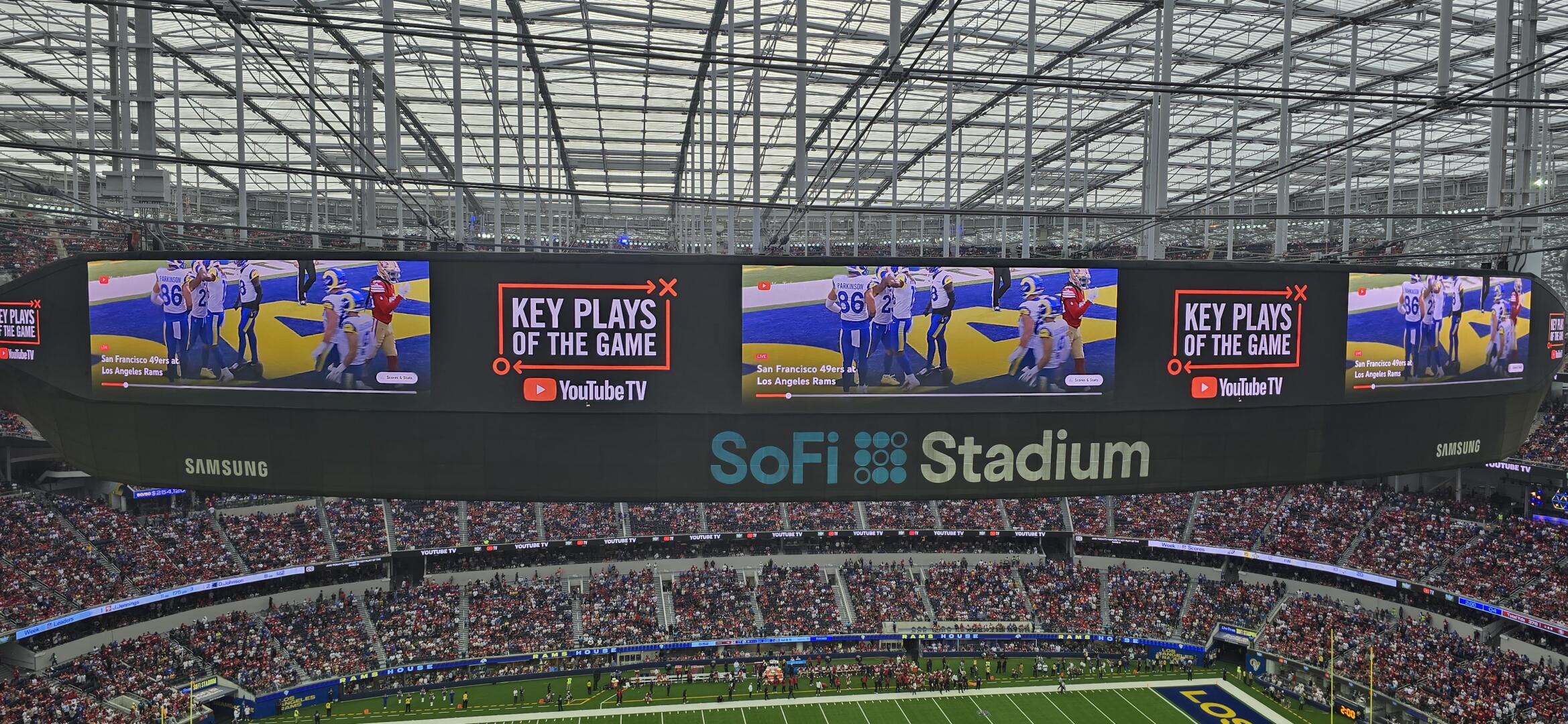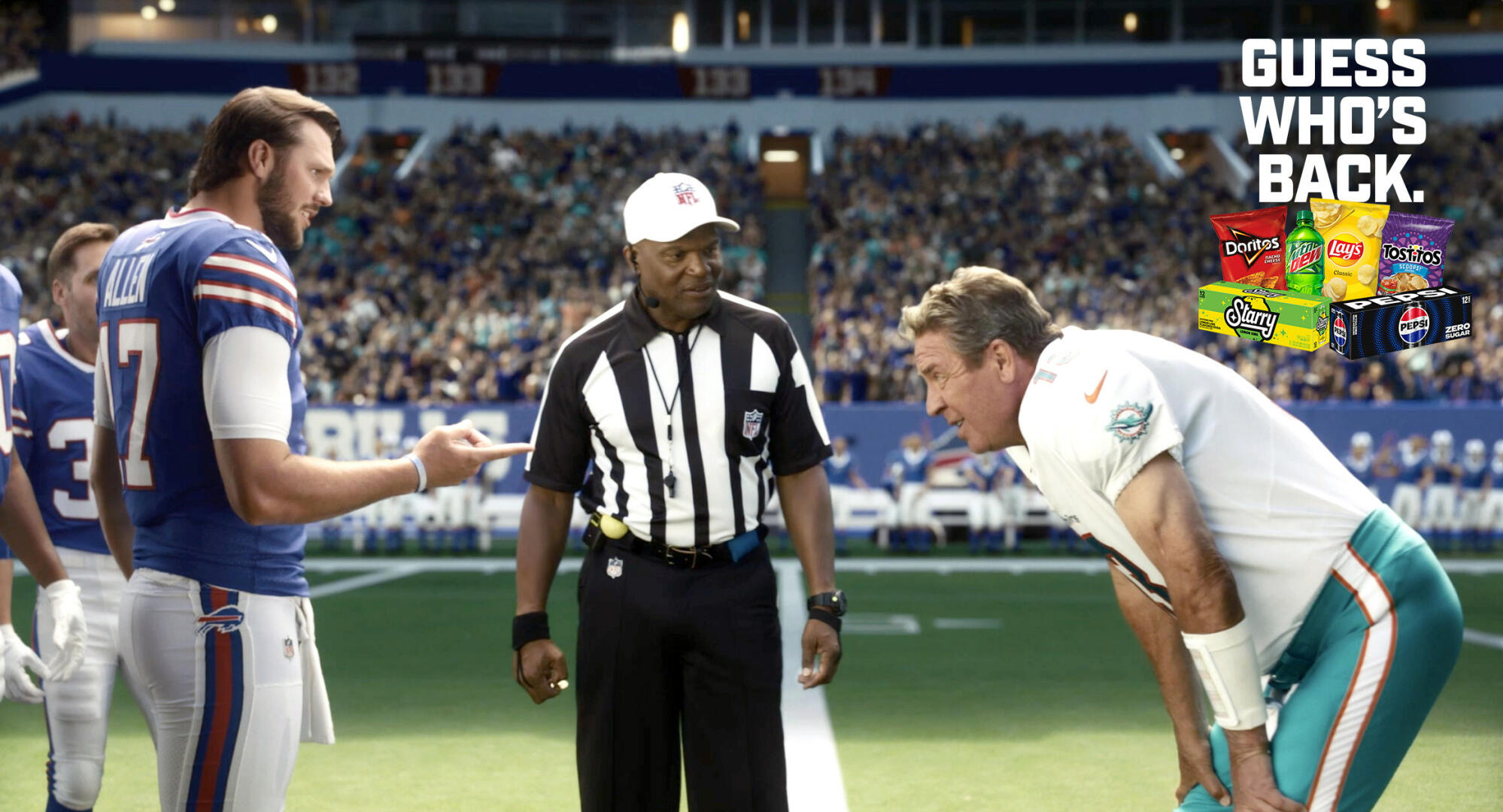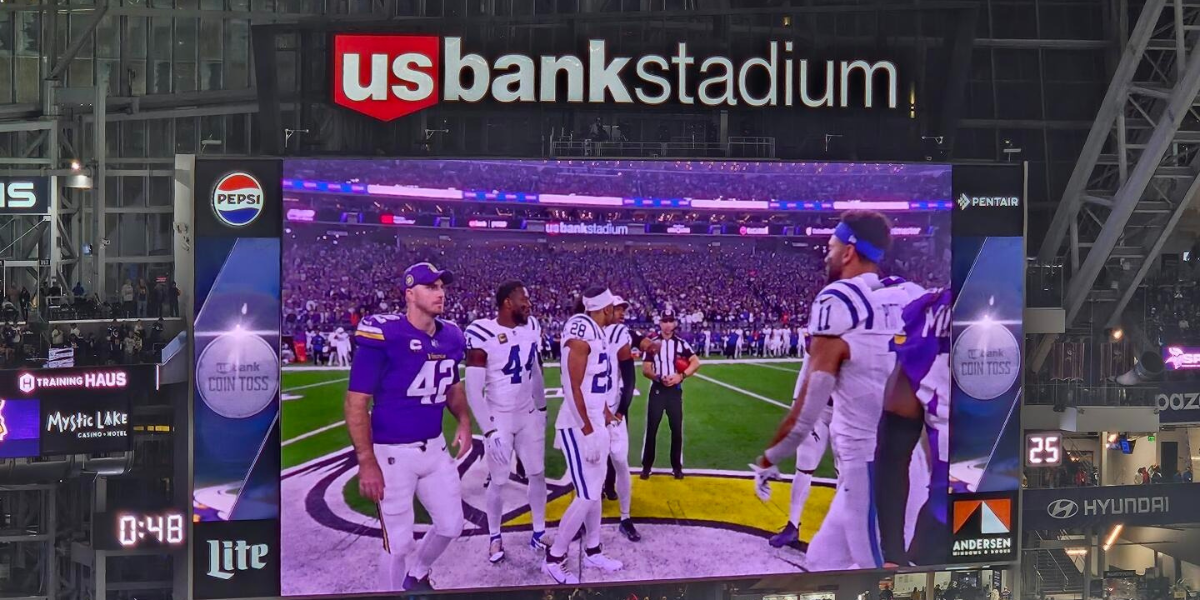Get In-Depth Data to Fuel Your Strategy
published July 2024
The stakes can be high for both parties in a partnership between a brand and a rights holder. While the potential rewards are significant, so too are the risks. For brands, navigating these waters requires a keen awareness of the potential pitfalls that could undermine their efforts. Sponsorships are not just about visibility and engagement; they also carry the weight of brand reputation and financial investment. Understanding the following fears, all of which can accompany sponsorship decisions, is crucial for brands to mitigate risks and ensure their partnerships are both strategic and successful.
- Wasting budget on ineffective sponsorships: Brands don't want to invest resources in partnerships that fail to deliver actionable sponsorship data and meaningful results—and do not generate a positive return on investment—resulting in wasted budget and missed opportunities.
- Negative publicity or brand damage: Brands are wary of potential negative publicity or brand damage resulting from associations with rights holders or sponsorship activations that are poorly received or controversial.
- Competitor outshining brand: The fear of being overshadowed by competitors (or losing relevance within the sponsorship marketplace) can lead brands to worry about their ability to stand out and maintain a competitive edge.
- Sponsorship activation not aligning with brand values: Brands fear that sponsorship activations may not align with their core values or brand identity, leading to inconsistencies or contradictions that could damage brand reputation.
- Inadequate activation execution: Brands worry about the execution of sponsorship activations falling short of expectations, resulting in missed opportunities to engage the audience effectively and achieve campaign objectives.
- Not reaching target audience effectively: Brands fear that their sponsorship efforts may fail to effectively reach and resonate with the intended target audience, diminishing the impact and effectiveness of their marketing initiatives.
- Ineffective activation strategy: The fear of implementing an ineffective activation strategy that fails to capitalize on sponsorship opportunities or engage the audience effectively can lead to suboptimal results and diminished returns on investment.
- Rights holder failing to deliver promised benefits: The possibility of rights holders failing to fulfill obligations and deliver the promised benefits of the sponsorship can lead to disappointment and frustration.
- Legal or compliance issues: Brands are concerned about potential legal or compliance issues associated with sponsorship agreements, including regulatory requirements, intellectual property rights, and contractual obligations.
- Reputational risks: Brands fear that sponsorship activations or associations with rights holders may pose reputational risks if they are perceived negatively by the public or if they conflict with the brand's values or image.
Final Thoughts
Acknowledging these fears is the first step towards building robust sponsorship strategies that mitigate risks and enhance outcomes. Brands that are aware of these potential pitfalls can take proactive measures to address them, ensuring that sponsorship investments deliver the desired results without compromising brand values or reputation. This list of fears serves as a critical guide for brands to navigate the sponsorship landscape with confidence and caution. For further insights, explore our related posts on brand frustrations and brand desires, helping you craft a comprehensive and effective sponsorship strategy that aligns with your brand's goals and mitigates potential risks. You can also visit our insights page to read about corporate sponsorship trends and other news.
Sign up for a quick demo to learn more about our media and sponsorship database. Clients might refer to our sponsorship platform as a sponsorship marketing platform or even a sponsorship analytics platform since we track over 360,000 brands, 1.8 million deals, and 16.9 million data points across sports, entertainment, media, and talent.







.png)
















.jpeg)
.jpeg)

.png)

.jpeg)
